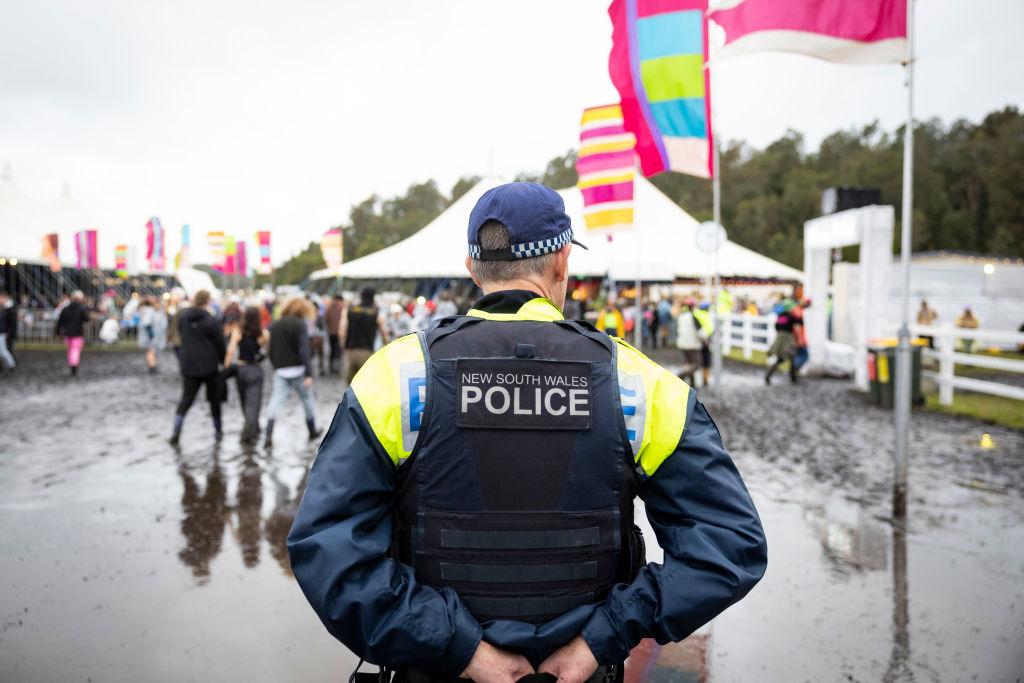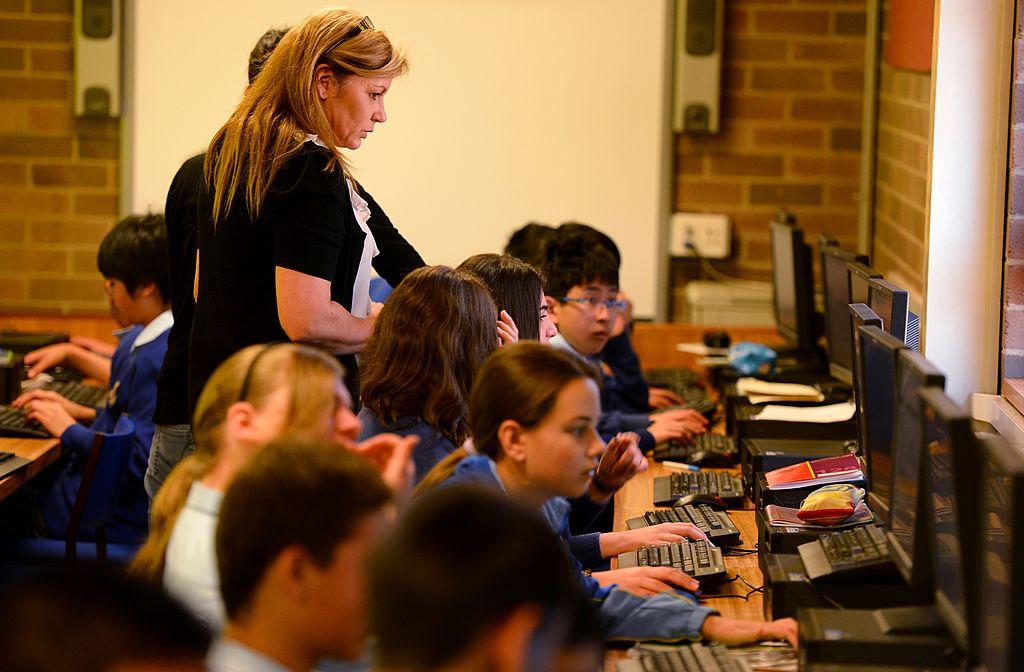A significant number of smokers wish to continue the habit in the next one to two years, raising concerns among experts who argue that unless this changes, societies are unlikely to successfully eliminate smoking.
One fifth of Australian smokers indicated intention to continue smoking in the next one to two years despite ongoing public education efforts and decreased social acceptance.





